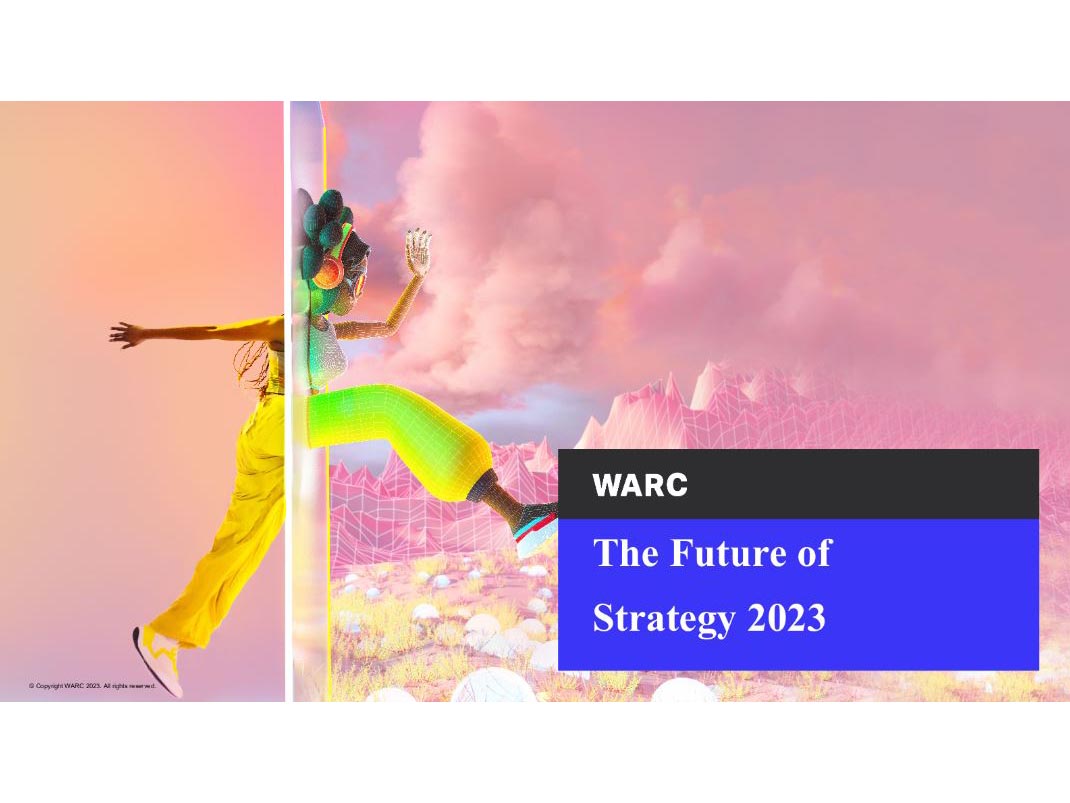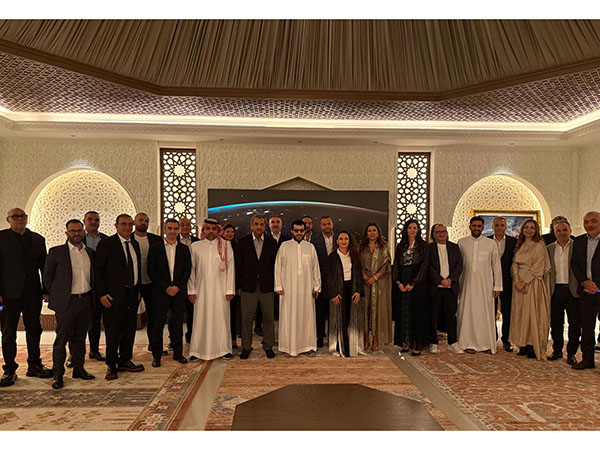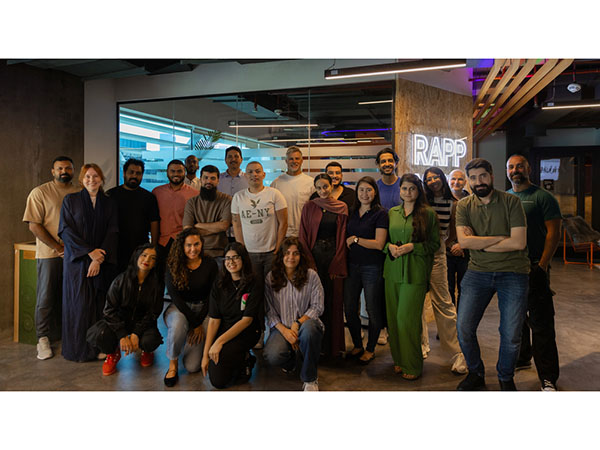News - News In Brief
Key takeaways considered pivotal to the future of strategy as per WARC report
October 3, 2023

As tough economic conditions continue to squeeze client budgets, levels of optimism are lower as client bravery wanes. Strategists see the biggest opportunity in upstream work, understanding new tech and helping brands navigate culture, whilst there is still much work to do on diversity, equity and inclusion (DEI). Some argue strategy is stymied by frameworks, and that strategy needs more revolution.
These are some of the findings included in The Future of Strategy 2023 report released by WARC - the global authority on marketing effectiveness.
Lena Roland, Head of Content, WARC Strategy, says: “Our annual Future of Strategy report acts as a temperature check for how strategists are feeling about the state of the discipline. Amid a tough economy, which appears to be stymying team growth, the report looks at how strategy careers are evolving, the biggest forces impacting the function, and the core values strategists can bring to help marketers get a more realistic understanding of people and cultural trends.”
Covering the big issues defining marketing, such as economic downturn, career development, measurement and diversity, the report uncovers insights and opportunities of today’s strategist.
Key takeaways considered pivotal to the future of strategy are:
- Strategy needs more revolution: 70% of strategists are encouraged to be strategically brave, but just a third (34%) agree clients encourage brave decision making
Knowing what has worked in the past has its place, but strategy is also about imagining the future, and strategists are well placed to identify game changing ideas and innovations. For this, they need ambition, imagination, bravery, and revolution.
However, this year’s survey highlights a strategic bravery gap. Whilst 70% of strategists say their company encourages them to make brave strategic choices, in contrast, just a third (34%) agree that clients encourage strategic bravery as tightening budgets mean brands are taking fewer risks.
Over-reliance on frameworks can leave strategists and strategies in a safe/conformist zone. Almost half (48%) of respondents agree that accepted marketing frameworks are a hindrance to strategic bravery, while 30% disagree.
Matt Klein, Head of Global Foresight, Reddit, says: “The future of strategy is straightforward. Uphold the bureaucratic way things have always been done and study from a distance, or immerse oneself and explore the way the world truly operates to affect progress.”

Calling for a Marketing Reality Movement, Richard Huntington, Chief Strategy Officer, Saatchi & Saatchi, says marketers are far removed from the real lives of the people they’re meant to understand and reach, and calls on marketers to “turn the tide on aspirational marketing”.
- Planning in a world where niche is big: 76% of strategists agree that greater emphasis on qualitative methods is necessary to understand emerging and niche communities
With fewer monoculture moments to capture mass attention, strategists and brands are having to find ways to effectively understand, reach and engage niche communities.
76% of strategists agree that greater emphasis on qualitative rather than quantitative methods is necessary to understand emerging and niche communities and that understanding how they spread from those communities to larger groups will be crucial moving forward.
Through their connection with culture, strategists are well placed to look to the fringes, identify new opportunities and need states, critical for marketers moving forward.
Charlie Elliott, Strategy Director, Billion Dollar Boy, says: “Niche communities… give a sneak peek into what may come in popular culture - from vocabulary, to fashion trends, to the next big rising star - and allow brands to get ahead of it and engage audiences with greater impact."
- Planning for a sustainable future: 59% of strategists say DEI objectives do not feature in briefs and 50% say sustainability never features
Many companies have taken great strides towards responding to the climate crisis. However, sustainability and diversity, equity and inclusion (DEI) objectives rarely feature in client briefs, suggesting an intention-action gap in what marketers say, and what they do.
The majority (59%) of strategists say DEI objectives do not feature in briefs and half (50%) say sustainability never features. This also suggests that there’s a need for better briefing.
Strategists expect this to change, and strategies of the future will need to imagine better ways for this to grow. This might mean things like demand switching, the circular economy, radical innovation, and doing (and wasting) less.
Helen Brain, Communications Strategy Director, Iris, says: “Sustainability isn't a ‘thing’ out there, it’s part of culture. If we want brands to be culturally relevant we could do worse than aligning with, amplifying and exploring themes in sustainability, nature and wellbeing.”
Summing up, WARC’s Lena Roland says: “A recurring theme in this year’s Future of Strategy report is the need for strategists to get away from their desks and meet real people. Without this, it’s harder to have a realistic understanding of people’s lives, their hopes, fears, pain points and harder to spot game changing opportunities that build a better future.
“Calling for a revolution suggests we need a rethink. Strategies need to be more imaginative and ambitious, and research needs more respect and reality.”













